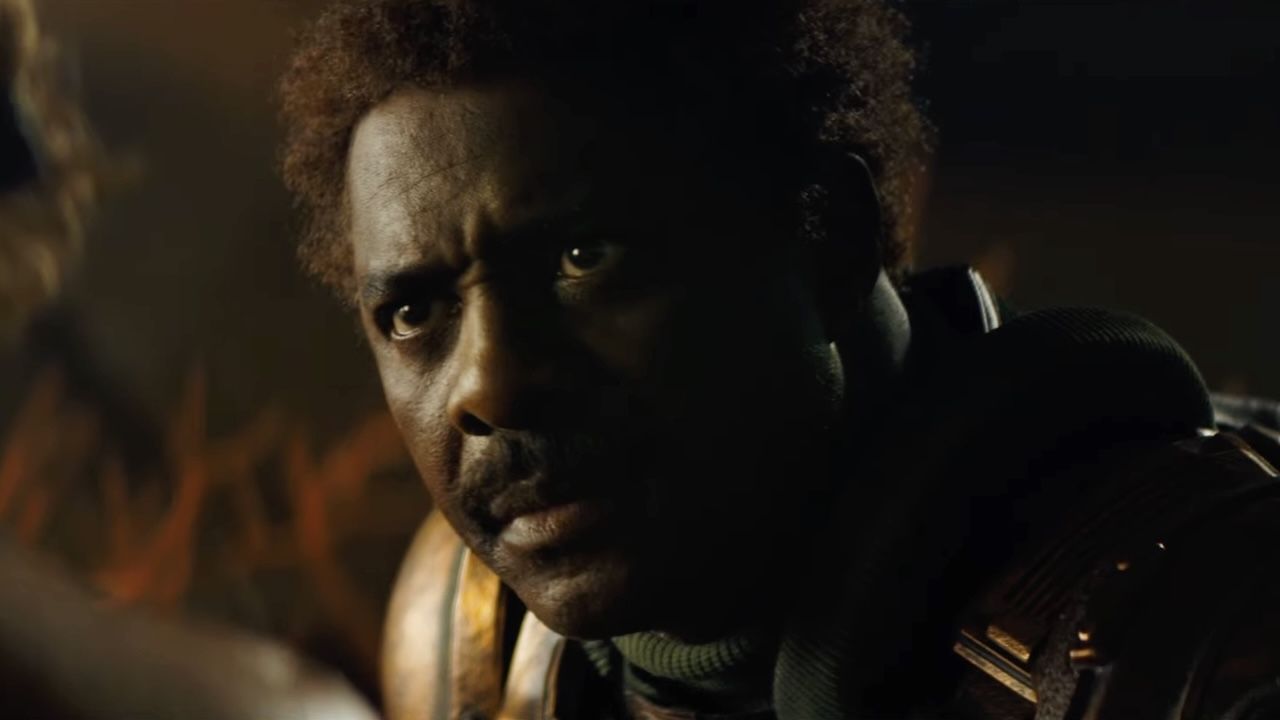Facebook’s shrinking market cap could hold one upside for the tech giant: the possibility of skirting new antitrust liability.
The company, recently renamed Meta, closed with a market cap below $600 billion on Tuesday for the first time since May 2020. The stock fell 2.1%, bringing it to a market cap of $599.32 billion.
The $600 billion market cap figure also happens to be the number House legislators picked as the threshold for a “covered platform” under a package of competition bills designed specifically to target Big Tech. If Meta were to remain below that threshold, it could avoid the additional hurdles the bills would install for how it can conduct its business and make deals, while its larger peers like Amazon, Alphabet, Apple and even Microsoft become subject to the rules.
It could take quite some time for any of the bills to become law, if that happens at all. The language could still be amended, and even as originally written, the bills would continue to apply to the platforms for a period of time after they fall below the market cap threshold. One Senate bill that recently passed through the Judiciary Committee actually uses a lower market cap threshold than its House companion, at $550 billion.
Still, the milestone points to one of the challenges of crafting laws that target the tech industry. In addition to making sure the bills are not solving for outdated challenges by the time they pass, legislators must try to encompass a select group of companies.
One bill that could significantly impact Meta, if it’s considered a covered platform by the time it passes, is the Platform Competition and Opportunity Act. The bill, originally introduced by Rep. Hakeem Jeffries, D-N.Y., with a counterpart introduced by Sen. Amy Klobuchar, D-Minn., would make it harder for covered platforms to acquire young potential rivals.
Facebook is already fighting an antitrust lawsuit under existing law from the Federal Trade Commission that alleges it used its acquisitions of Instagram and WhatsApp to maintain monopoly power. If this new bill were to become law and Meta were subject to it, it could make it even harder for the company to make similar acquisitions in the future.
The House version of the bill says that when federal regulators designate a platform as covered by the law, the company must have net annual sales or market cap of $600 billion, adjusted for inflation, at that time or during the prior two years of the designation or lawsuit brought under the act.
The Senate version says the market cap for a covered platform should be based on a “simple average of the closing price per share of the common stock issued by the person for the trading days in the 180-day period ending on the date of enactment of this Act.”
WATCH: Meta adds 3D avatars to Instagram stories, Facebook posts and Messenger






